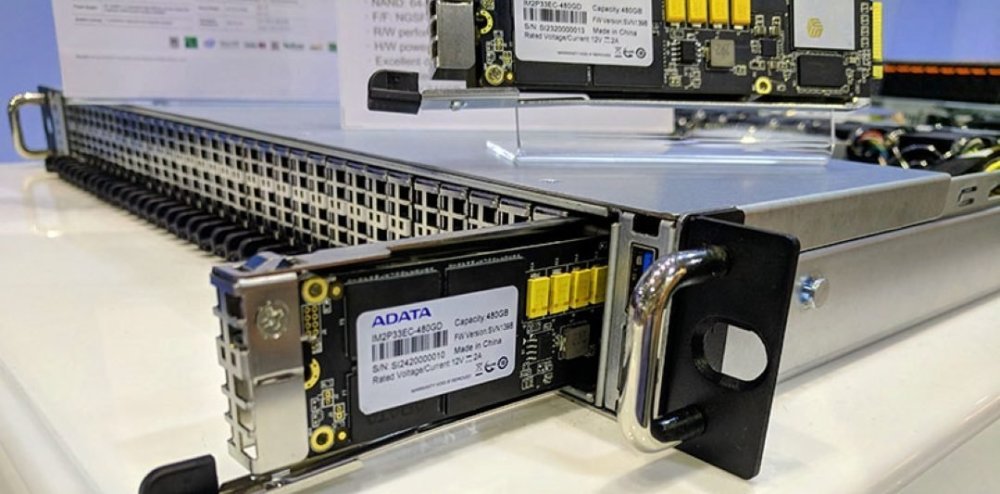The UPU chooses NVMe disks because of their high performance and reliability. NVMe (Non-Volatile Memory Express) is a flash memory access protocol that was designed specifically to work with flash-based storage devices such as SSDs and NVMe disks.
NVMe varieties for VPS/VDS

There are several types of NVMe disks for VPS, each with its own features and benefits:
1. U.2 NVMe: These disks have a 2.5-inch form factor and connect to the server via a U.2 interface. They are typically used in servers and computing systems where high performance and reliability are important.
2. M.2 NVMe: These disks have an M.2 form factor and plug directly into the server's motherboard. They are commonly used in desktops and compact servers where space is limited.
3. PCIe NVMe: These disks plug directly into the server's PCI Express slot and offer high performance. They are typically used in computing systems that require high data read and write speeds.
4. AIC NVMe: these disks have an AIC (Add-In Card) form factor and plug directly into the server's PCI Express slot. They offer high performance and can be used in a variety of computing systems.
Which type of NVMe disks to choose for your AIC depends on your performance needs, storage requirements, budget, and compatibility with your server. Before purchasing an NVMe disk, you should make sure it is compatible with your server and operating system.
What to look out for?
NVMe disks offer high data transfer rates and minimal data access time, which allows nvme vds to run faster and more efficiently. They also consume less power, which can reduce energy costs and improve energy efficiency.
They also offer high reliability because flash memory does not have moving parts that can fail, as is the case with hard disks. In addition, NVMe disks typically have a longer lifespan than hard disks.
When choosing NVMe disks for your VPS, you should consider the following factors:
Speed: One of the main advantages of NVMe disks is the high speed of reading and writing data. Therefore, when choosing an NVMe disk for your UPU, it is important to pay attention to the data transfer speed and performance. In most cases, NVMe disks provide data read and write speeds of more than 3 Gbps.
Capacity: when selecting NVMe disks for the UPU, it is important to consider their capacity. Today, NVMe disks are available in capacities ranging from 128GB to several terabytes. The disk capacity should be sufficient to store all of your project's data.
Reliability: when choosing NVMe disks for the UPU, it is important to pay attention to their reliability and durability. It is recommended to choose disks from reliable manufacturers with a high level of reliability and warranty.
Price: the cost of NVMe disks can be higher than traditional SSDs. When selecting an NVMe disk for an SSD, you should consider your project budget and choose disks that meet your requirements and budget.
Compatibility: when selecting NVMe disks for the UPU, you should pay attention to their compatibility with your hardware and operating system. Some NVMe disks may not be supported by certain servers and operating systems.
Technical support: when choosing NVMe disks for the UPU, it is important to make sure that the manufacturer has qualified technical support that can help in case of problems with the disk.
When choosing NVMe disks for your IPS, it is important to consider all of these factors and choose disks that fit your requirements and budget.